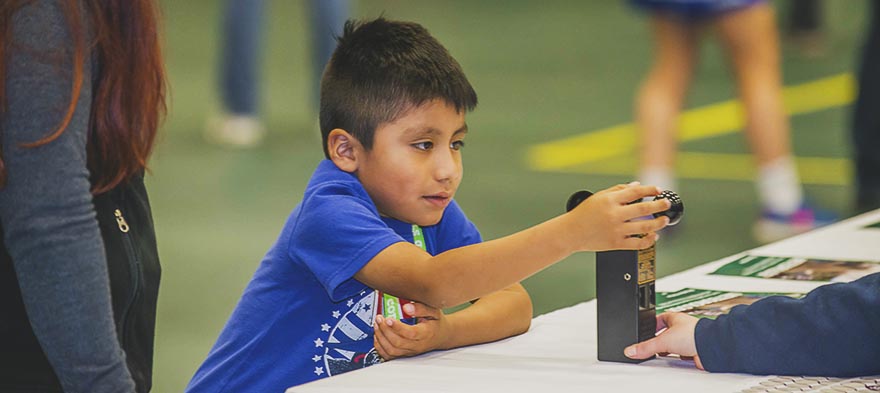
Nov 29, 2017 12:00:00 AM
Accelerate math: At each grade level, find the teacher who loves and is amazing at math and allow children who have demonstrated proficiency in a skill to work with that teacher every single day.
When new skills are introduced, students could be quickly assessed by being given a few hard problems, and if they already know the answers, they could go to an accelerated grouping.
Artful scheduling and thinking outside of the box can make this happen. I want to be clear that I am not talking about tracking—because such groupings would be based on individual skills not academic years.
Find hard books at the right developmental level: As students learn to read earlier, some of our youngest learners are reading books that used to be for middle school children. The problem, however, is that the content is a bad fit for a third-grader. (Think about a book whose challenge is a rebellious boyfriend and picture an 8-year-old furrowing her brows.)
We need more high-level books in schools that discuss the issues and dreams of younger children.
Offer project-based options: Students have great ideas. Genius Hour or Passion Projects should be offered to any and all students who are motivated to create projects.
Again, we can easily find at least one teacher at each grade level to work with these students. By creating more hybrid teacher leadership roles, we can easily meet this need.
In addition, experts like Joe Renzulli, a noted gifted and talented researcher at the University of Connecticut, has many ideas for ways this can happen in schools.
Personalize learning with technology: Khan Academy, for example, offers students an individualized approach to learning that uses mini-lessons and videos to help them move forward independently.
Students need to be freed from the confines of brick and mortar to allow them to soar and learn at their own pace.
Maryann Woods-Murphy is a Gifted and Talented specialist in New Jersey and has been teaching for 38 years. She is also the 2010 New Jersey Teacher of the Year, the winner of the Martin Luther King Birthday Celebration Award, a 2011-2012 Washington Teaching Ambassador Fellow, an America Achieves Fellow (2011-2015), a member of both the Board of Directors of the National Education Association Foundation and the Northeast Conference on the Teaching of Foreign Languages. Woods-Murphy earned her Ed.D. in Teacher Leadership at Walden University in 2016 with a study on the way New Jersey teachers improve schools. She has co-chaired Teens Talk about Racism for 13 years with retired science teacher, Theadora Lacey. In her free time, she writes, travels and spends time with family, especially her two granddaughters, Olvyia and Victorya.
Few issues in education spark more tension and debate than standardized testing. Are they a tool for equity or a burden on students? A necessary check on school systems or a flawed measure of...
Charter schools are public schools with a purpose. Operating independently from traditional school districts, they're tuition-free, open to all students, and publicly funded—but with more flexibility...
Despite the benefits of a diverse teaching force, prospective teachers of color fall out of our leaky preparation pipeline at every stage: preparation, hiring, induction, and retention. Here’s what...
Ed Post is the flagship website platform of brightbeam, a 501(c3) network of education activists and influencers demanding a better education and a brighter future for every child.
© 2020-2025 brightbeam. All rights reserved.
Leave a Comment